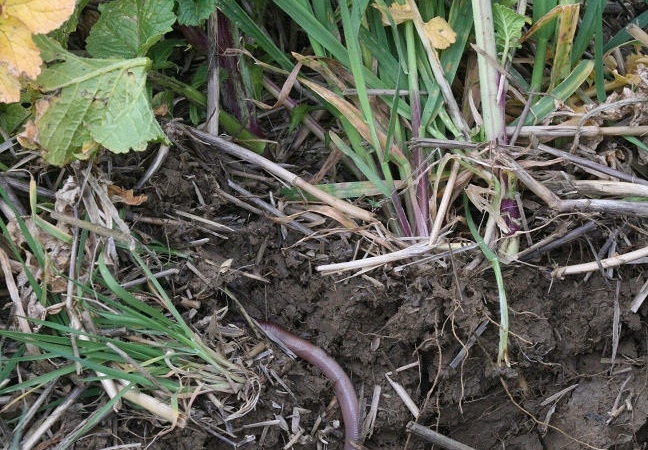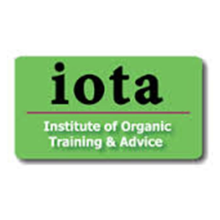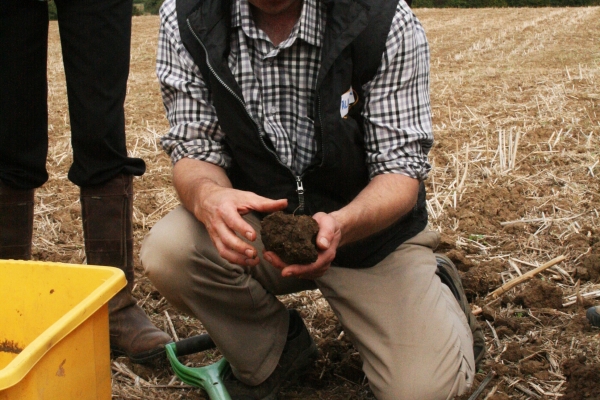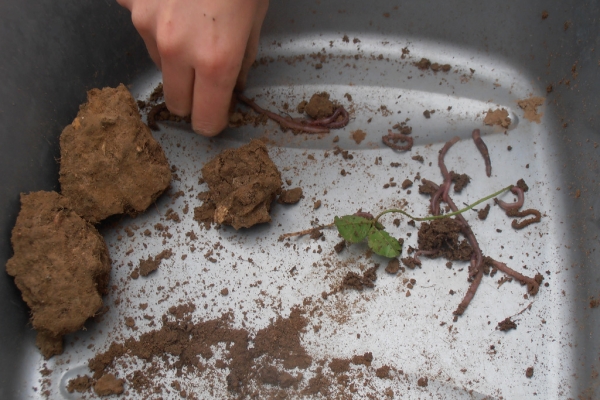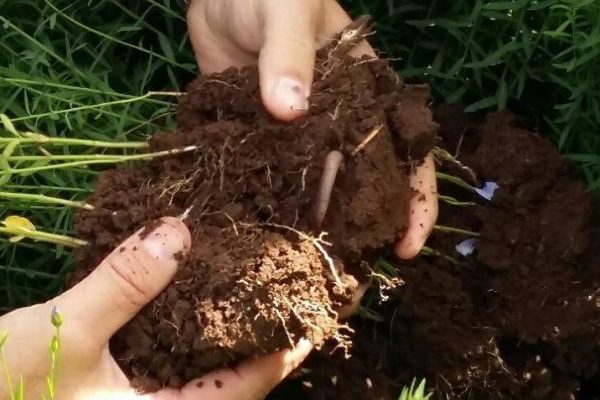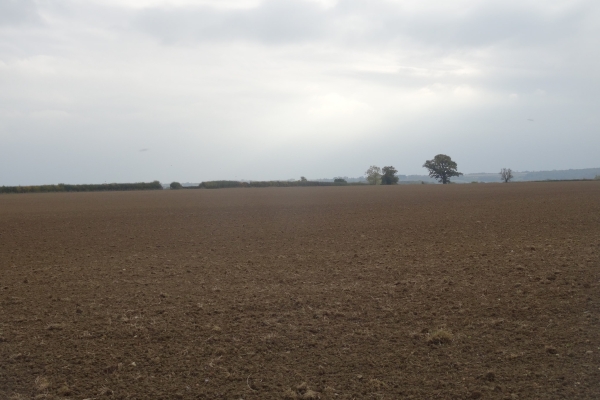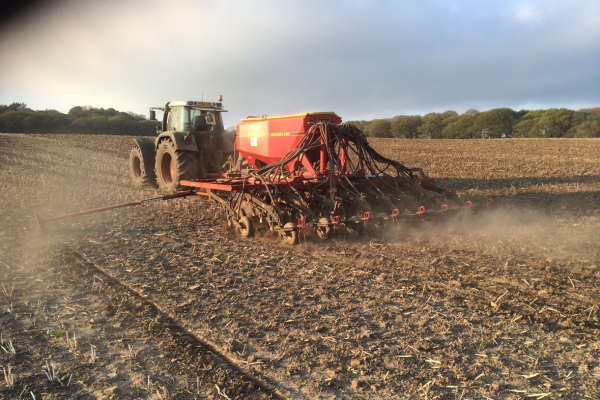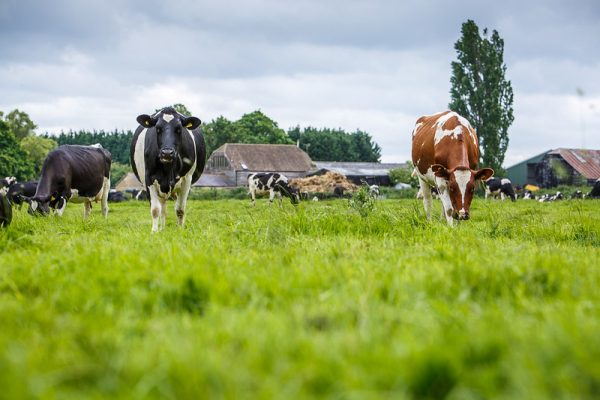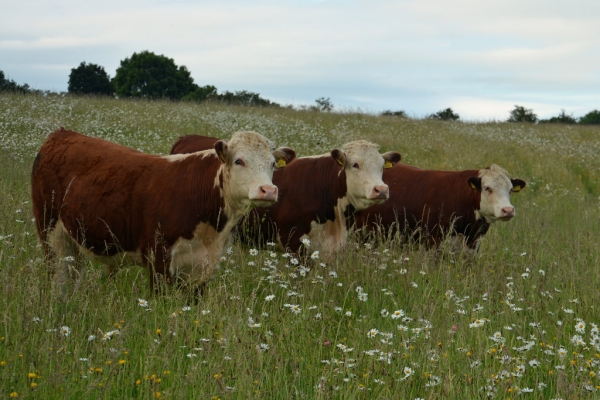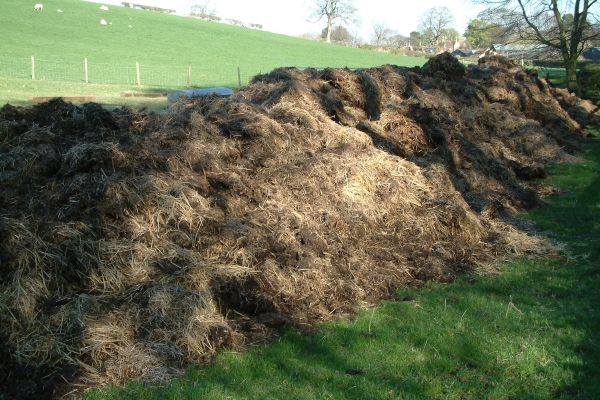Soil management
(Taken from ‘Churchill Travel Blog: soil management in USA, Switzerland and Denmark’)
Soil is the primary means of producing food and the basis of human life. The way in which soil is managed has a direct influence on the quality of the food produced, the efficiency with which we use the finite resources involved and the environmental consequences. We are currently faced with a spectrum of related problems in the UK including: static crop yields, declining soil organic matter levels, inefficient and costly fertiliser usage, nitrate, phosphate and pesticide contamination of water courses, excessive flood water run off and soil erosion. Underlying these is the critical importance of soil management.
Related issues include the need to build soil organic matter as a carbon sink to help address climate change, the fact that many of the resources used in food production are finite – water, oil and phosphorus being the most pressing and the ongoing decline in farmland birds and insects, which are often directly or indirectly related to the soil. Soil and farm management will in the future have to deliver multiple “public goods”, including environmental and social impacts, as well as sustainable food production.
The management of soil generally and soil fertility in particular is a poorly developed science. The principle of supplying adequate nutrients to more than meet the particular crop’s off take, as recommended by the Defra Fertiliser Manual RB209, has been followed for the last 30 years. Conventional farmers follow fertiliser recommendations which have been made without reference to soil structure, soil life, soil organic matter or the need to minimize finite resources, particularly of oil, which is used in nitrogen fertiliser manufacture and mined phosphate. Cheap fertiliser, excess application rates and poor crop utilisation result in only 45% of nitrogen fertiliser being used by the crop. Government legislation has had to be introduced to control farm practices including nitrate fertiliser and manure restrictions, particularly in sensitive areas and incentives to encourage winter ground cover and the use of legumes. Organic farmers have sought to address the use of finite resources and to reduce pollution by routine use of legumes and recycling nutrients within the farm and the avoidance of synthetic fertilisers. However they operate with very limited soil analysis information to aid the biological management of soils.
There is now renewed interest amongst all farmers in soil structure, use of green manures and encouraging soil life, particularly in parts of the country where serious and growing problems are experienced.
There are new laboratory analysis services offered in the UK, including Soil Respiration (NRM Laboratories), Albrecht type Base Cation Exchange Capacity analysis (e.g. Kingshay and Glenside) and Soil Life analysis (Laverstock). However there is no medium term, let alone long term monitoring of the use of such alternative analysis and associated management recommendations in the UK. Reference IOTA Soil Analysis and Management.
To date, the long-term evidence for the use of alternative and biological soil analysis techniques is inconclusive, despite enthusiastic use by some farmers and advisers, particularly in the USA. In the UK there is an urgent need to bring such international experience, research, and farmer knowledge to the forefront in the development of improved food and farming systems.
Mark Measures is a member of the Agricology Steering Group and is Director of IOTA.
Learn more:
- This was written as part of ‘Soil Management for Sustainable Food Production and Environmental Protection’ – Winston Churchill Travel Fellowship 2017. To view information about the work that Mark does and read other pages of his informative blogs including the latest on soil organic matter and its role in climate change mitigation, visit the website here.
(Editor’s Note)
